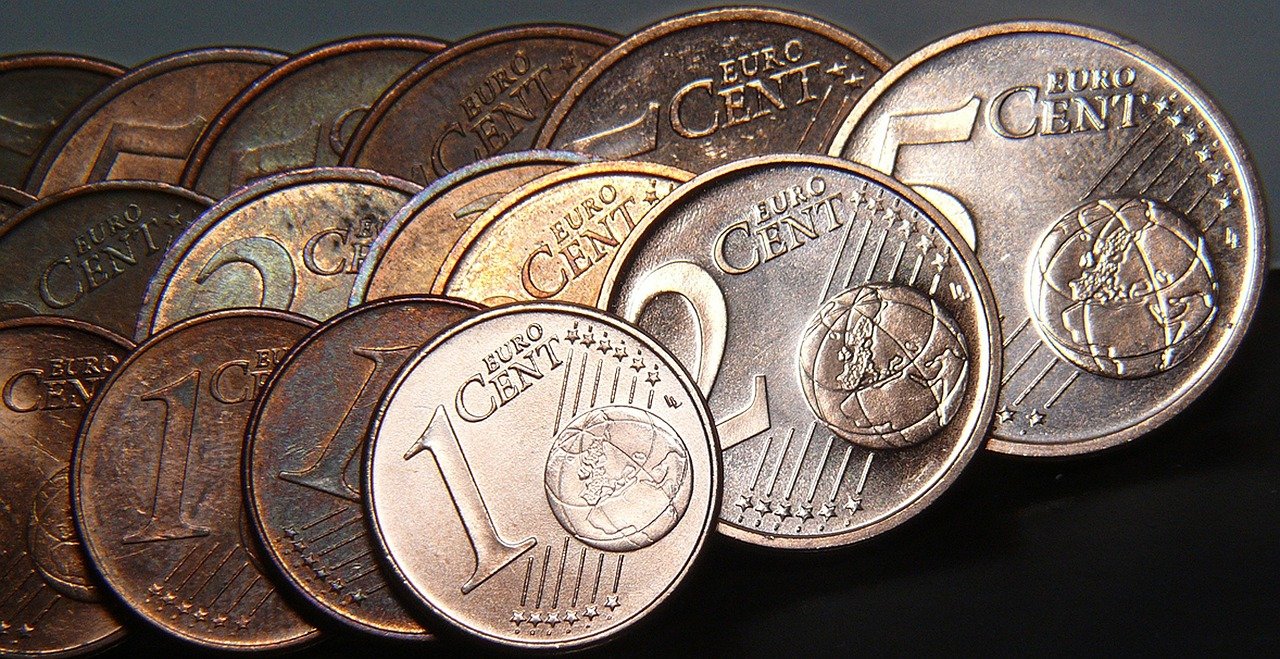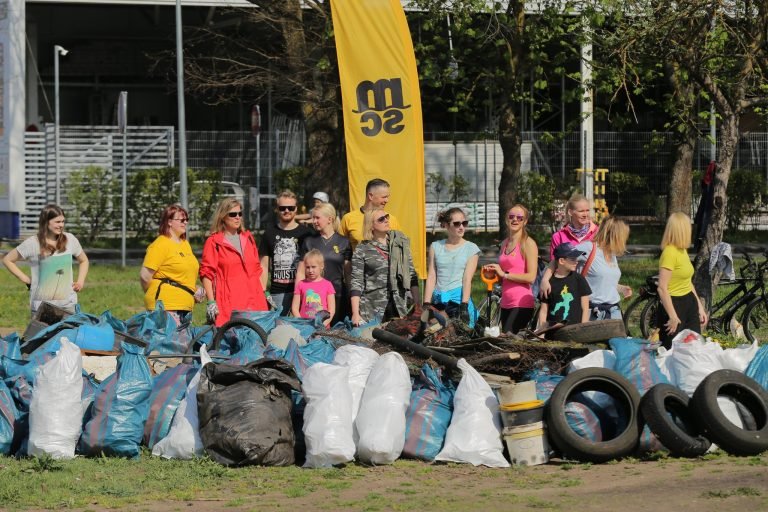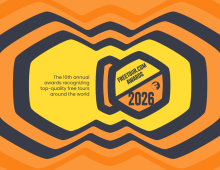The coin collecting campaign run jointly throughout September and October by the Bank of Estonia and the state-owned postal service and logistics company Eesti Post, or Omniva, collected 2.2 million coins, of which 68 percent were one and two-cent coins.
Enough coins were collected during the campaign for the central bank to cover the average demand for two months. Consequently, that many fewer new coins will need to be minted, and so the environmental footprint of coin circulation will be that much smaller.
The campaign that started in September let people exchange with no service fee all the euro coins they had accumulated over time at the post offices in the Tallinn Jarve and Tartu Kvartali shopping centers. The free part of the campaign had a clear goal of collecting one million coins. This goal was successfully achieved within ten days, and coins can now be exchanged with a small service fee until the end of the year. The focus of the campaign was on one and two-cent coins, as the Bank of Estonia issues about two truckloads of them into circulation each year. People receive these coins as change from shops, but rarely spend them themselves, and the coins are often only used once and then rarely return to circulation.
Given that one and two-cent coins have a significant environmental impact but rarely return to circulation, the central bank has proposed that rounding rules be introduced for one and two-cent coins, and the Ministry of Finance has sent these proposals to various stakeholder groups to gather their opinions. The rounding rules would mean that the final price of a basket of shopping would be rounded to the nearest five cents at the till, though only if the buyer is paying in cash.
The Bank of Estonia issued 6.14 million coins with a total value of 2.4 million euros into circulation in the third quarter of the year. The coins issued most were one and two-cent coins, which were 46 percent of all the coins issued. A total of 2.8 million one and two-cent coins were issued in the third quarter, with an estimated combined weight of 7.4 tons.
The commercial banks returned 1.3 million circulation coins with a total value of 0.7 million euros to the central bank in the third quarter. The number of coins issued was 15 percent more than in the previous quarter, and the number returned was 7 percent less.
The Bank of Estonia issued 7.7 million banknotes into circulation in the third quarter with a total value of 255 million euros. There were 6.71 million banknotes with a total value of 240 million euros returned to the central bank during the quarter. Fifty-euro banknotes dominated among the notes issued and those returned, accounting for 50 percent of those going out and 40 percent of those coming in. The total amount issued in cash by the central bank was 16 percent less than in the previous quarter. The banknotes returned to Eesti Pank were sorted and 0.88 million of them were destroyed during the sorting process because they were unfit for circulation, while the rest were returned to circulation.
Cash was withdrawn from ATMs on 5.9 million occasions in the third quarter for a total value of more than 957 million euros. There were 6 percent fewer withdrawals of cash than in the same period of last year. Cash deposits of 558 million euros were made in the third quarter, which is about the same as a year previously.
There were 666 ATMs in Estonia in the third quarter, of which 253 accept cash depositing. Alongside the ATMs, cash transactions can be made in 20 bank offices.
There are some 800 shop tills across Estonia from which cooperation between the banks and points of sale allows cash to be withdrawn. The Bank of Estonia recommends that people should always have a small amount of ready cash to hand to guard against outages in electricity or communications systems. Coins can be paid into bank accounts using coin machines at ten locations across Estonia.
The Bank of Estonia continues to exchange Estonian kroons in notes and coins for euros. There were 215 exchange transactions with kroons in the third quarter of 2023 at a value of 52,182 euros. There are still an estimated 28.4 million kroon banknotes, worth 37 million euros, and 319.6 million coins, worth 6.7 million euros, that have not been returned from circulation, making a total value of 43.7 million euros. Interest in exchanging kroons has been very low in recent years.
Eesti Pank exchanges damaged euro banknotes and coins. Expert analysis of cash was carried out 50 times in the third quarter as 10,458 banknotes were examined for authenticity and were classed as damaged notes where appropriate. Banknotes are exchanged when more than half of them remains. Damaged banknotes are removed from circulation and are destroyed.
The Estonian Forensic Science Institute registered 52 counterfeit euro banknotes in Estonia in the third quarter, the majority of which were 20 and 50-euro notes. There were also 19 counterfeit coins discovered in the quarter.
Estonian kroon banknotes and coins can be exchanged for euros at the shop of the Bank of Estonia Museum during its opening hours from Tuesdays to Fridays from 12 p.m. to 5 p.m. and Saturdays from 11 a.m. to 4 p.m., tel 668 0650. Damaged banknotes can be submitted for expert analysis by contacting the Bank of Estonia museum shop.
Source: BNS
(Reproduction of BNS information in mass media and other websites without written consent of BNS is prohibited.)


















